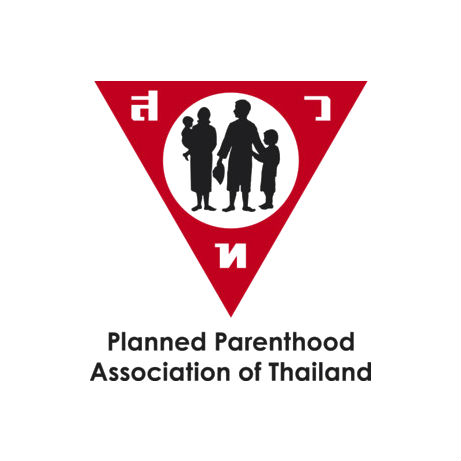

| 31 March 2016
Planned Parenthood Association of Thailand
The Planned Parenthood Association of Thailand (PPAT) supports the National Family Planning Programme by organizing countrywide educational and motivational activities, and by delivering contraceptive services to special target groups/geographic areas including slum dwellers, the population along the Thai-Cambodia border, and northern hill tribes. With the help of Muslim leaders and the support of grassroots volunteers, PPAT has been highly successful in promoting family planning among the marginalized Muslim community in Thailand's 4 southern-most provinces. It has also undertaken individual projects tailored to the needs of prisoners and fishermen. PPAT’s approach to sexual and reproductive health (SRH) promotion has been innovative, and in many cases, the organization’s models have been replicated by government departments and have been sustained with dedicated public funds. PPAT runs a strong programme of information, education and communication (IEC) via radio and television broadcasts on family planning, sexually transmitted infections (STIs), reproductive health and environmental issues. These are estimated to have reached over 10 million people across the country. The organization operates through over 1,900 distinct service points. These include 15 permanent clinics and 8 mobile units, and a network of hundreds of community-based distributors/community-based services (CBDs/CBSs). As the statistics show, Thailand still faces a number of challenges, particularly in relation to maternal and child mortality. But with a confident and active Member Association on hand, the prospects for continued improvement are strong. Contacts Facebook: https://www.facebook.com/pages/The-Planned-Parenthood-Association-of-Thailand-PPAT Twitter: https://twitter.com/PPATFANCLUB

| 31 March 2016
Family Planning Association of Nepal
Established in 1959, the Family Planning Association of Nepal (FPAN) first joined IPPF in 1960 and become a full Member Association in 1969. When it was established, the idea of family planning was considered inimical to religious, cultural and social norms. With the institution of a government Maternal and Child Health Division in 1969, FPAN began to supplement and complement the national health and population programmes. Target populations include injecting drug users (IDUs), lesbian, gay, bi-sexual, trans-sexual and intersex (LGBTI) individuals, people living with HIV (PLHIV), survivors of gender-based violence (GBV) and trafficked returnees and refugees. FPAN serves these populations through an extensive network of 2,750 service points, comprising 127 static clinics, 116 mobile facilities, 184 associated clinics, 543 other agencies, and over 2,000 community-based distributors/services (CBDs/CBSs). Key areas of emphasis include adolescents' sexual and reproductive health, HIV and AIDS prevention and treatment, safe abortion, advocacy for sexual and reproductive health and rights (SRHR), the prevention of gender-based violence (GBV) and support for its victims, and the promotion of access to sexual and reproductive health (SRH) information and services to marginalized and under-served groups. With the dedicated backing of 450 full-time professional staff, 1000 community counsellors, 4000 peer educators and 11,000 grassroots volunteers, FPAN has the capacity to mobilize on a large scale, and with the support of over 20 governmental departments, non-governmental organizations (NGOs) and foundations, it has a secure funding base to maintain and expand its comprehensive programme of activities. Contacts Website: www.fpan.org







